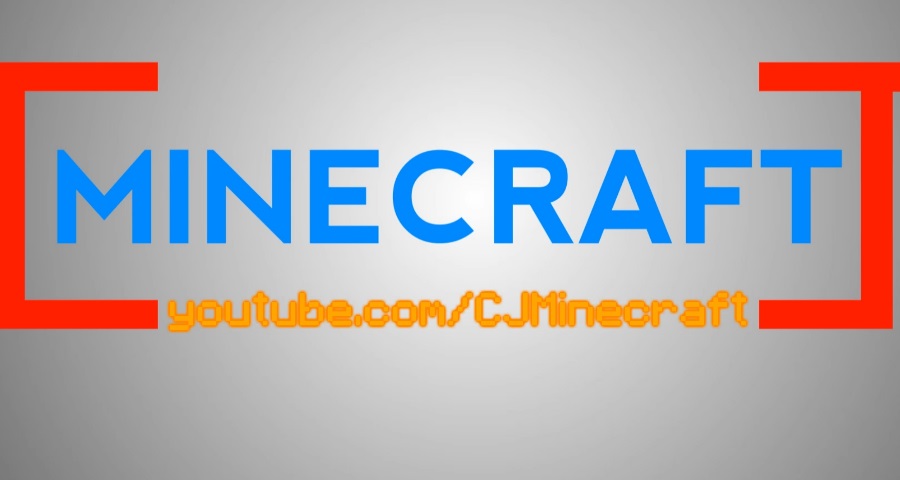Thanks for all the help, I've managed to resolve this by changing the blockstate to the following (the error was because I put "true" not true):
{
"multipart": [
{ "when": { "type": "basic" },
"apply": { "model": "boe:energy_cell_centre_basic" }
},
{ "when": { "type": "basic", "north": true },
"apply": { "model": "boe:energy_cell_connection_basic" }
},
{ "when": { "type": "basic", "east": true },
"apply": { "model": "boe:energy_cell_connection_basic", "y": 90 }
},
{ "when": { "type": "basic", "south": true },
"apply": { "model": "boe:energy_cell_connection_basic", "y": 180 }
},
{ "when": { "type": "basic", "west": true },
"apply": { "model": "boe:energy_cell_connection_basic", "y": 270 }
},
{ "when": { "type": "basic", "up": true },
"apply": { "model": "boe:energy_cell_connection_basic", "x": 270 }
},
{ "when": { "type": "basic", "down": true },
"apply": { "model": "boe:energy_cell_connection_basic", "x": 90 }
},
{ "when": { "type": "advanced" },
"apply": { "model": "boe:energy_cell_centre_advanced" }
},
{ "when": { "type": "advanced", "north": true },
"apply": { "model": "boe:energy_cell_connection_advanced" }
},
{ "when": { "type": "advanced", "east": true },
"apply": { "model": "boe:energy_cell_connection_advanced", "y": 90 }
},
{ "when": { "type": "advanced", "south": true },
"apply": { "model": "boe:energy_cell_connection_advanced", "y": 180 }
},
{ "when": { "type": "advanced", "west": true },
"apply": { "model": "boe:energy_cell_connection_advanced", "y": 270 }
},
{ "when": { "type": "advanced", "up": true },
"apply": { "model": "boe:energy_cell_connection_advanced", "x": 270 }
},
{ "when": { "type": "advanced", "down": true },
"apply": { "model": "boe:energy_cell_connection_advanced", "x": 90 }
}
]
}


